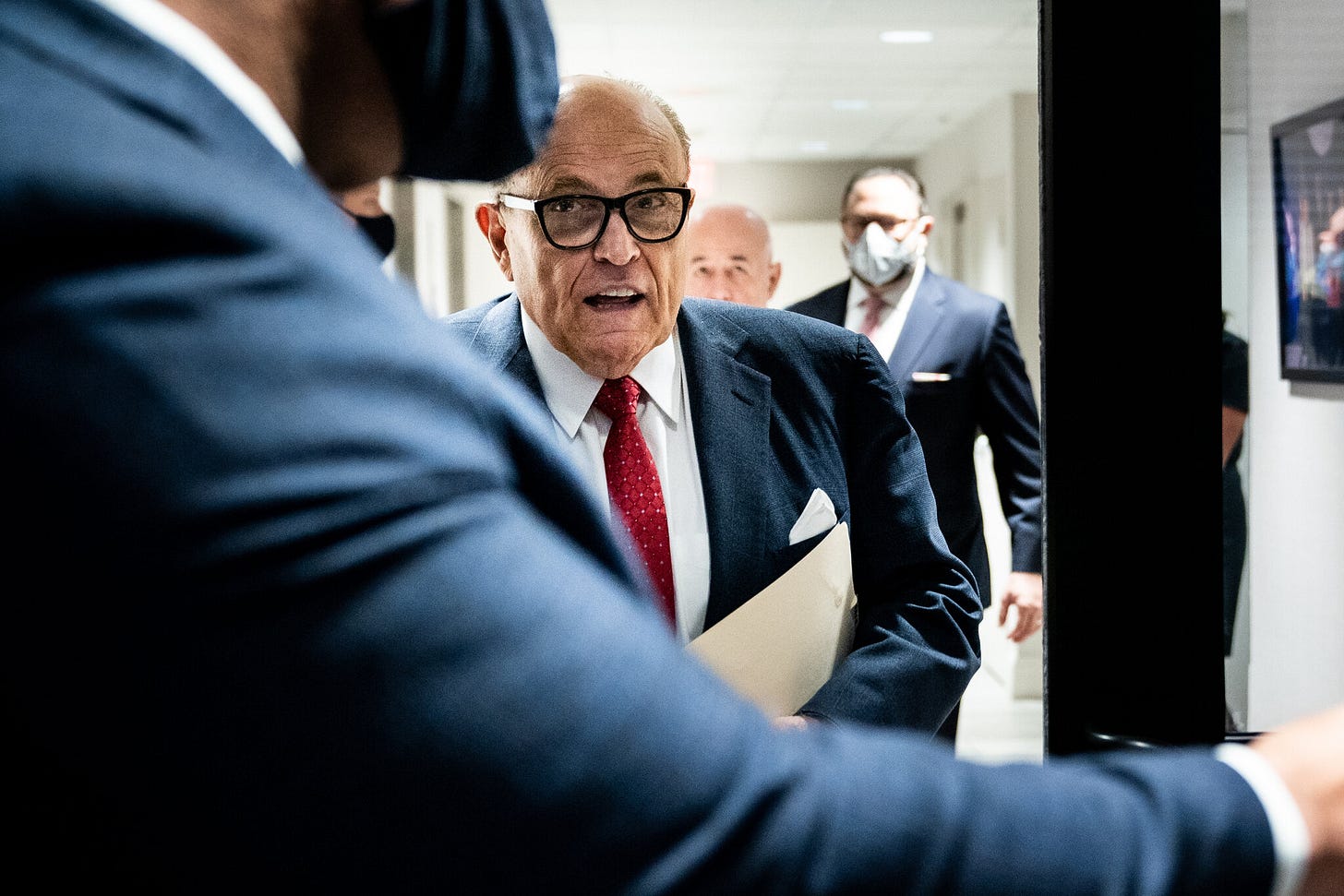The Pardon’s Dark Mirror
When Executive Mercy Becomes Political Absolution
We’ve witnessed a disquieting trend: presidential pardons that feel less like acts of mercy and more like political shields. Let’s unpack how these actions, especially post-2020, challenge the very idea of justice and accountability, reflecting a concerning shift in our democratic landscape.
The Unsettling Glare of Pardons
I’ve been watching the recent pardons—for figures like Rudy Giuliani, Sidney Powell, and Mark Meadows—and I can’t shake the feeling that something profoundly unsettling is happening. It’s not just about who gets pardoned, but why and what it means for the core of our democracy. It feels like a mirror reflecting a dangerous truth about power, where executive mercy is increasingly indistinguishable from political absolution.
Loyalty’s Dangerous Embrace
We all understand loyalty. It’s a powerful human bond, often admirable. But in politics, that bond can become a corrosive force. When executive mercy appears to be granted not for true rehabilitation, but as a reward for political allegiance, it turns justice on its head. This is where the tension truly lies—between the individual act of clemency and the institutional demand for accountability.
The greatest danger for democracy is that it will allow itself to be persuaded that it can function without honesty.
– Václav Havel
Beyond Mercy: The Absolution of Dissent
Think about it: pardons are meant to correct judicial error or show compassion. Yet, when they’re applied to individuals who allegedly worked to undermine an election, it feels less like mercy and more like absolution for actions that threatened the democratic process itself. It sends a chilling message about who gets to escape consequences. The true threat isn’t just the act of pardon, but the implicit normalization of actions that once stood beyond the pale of acceptable political conduct. It’s a profound shift in what we deem permissible in the pursuit of power.
A Shadow Over the Rule of Law
This isn’t just abstract political theory; it touches the very foundation of our shared civic life—the rule of law. When leaders can shield their allies from consequences, it doesn’t just erode public trust; it tells us that certain individuals operate above the law. I believe this kind of precedent is profoundly dangerous, setting a stage for ever-greater abuses of power that can unravel the constitutional order.
The simple step of a courageous individual is not to take part in the lie. ‘Let the lie come into the world, let it even triumph. But not through me.’
– Aleksandr Solzhenitsyn
Go Deeper
Step beyond the surface. Unlock The Third Citizen’s full library of deep guides and frameworks — now with 10% off the annual plan for new members.
Our Role in the Mirror
So, what do we do? We are not passive observers in this. Our collective silence or indifference can embolden this erosion. It is imperative that we ask tough questions, demand transparent accountability, and understand that our loyalty must ultimately be to the democratic process and the Constitution, not to any single leader or faction. This isn’t just about politics; it’s about the soul of our society and whether we are willing to defend it.



